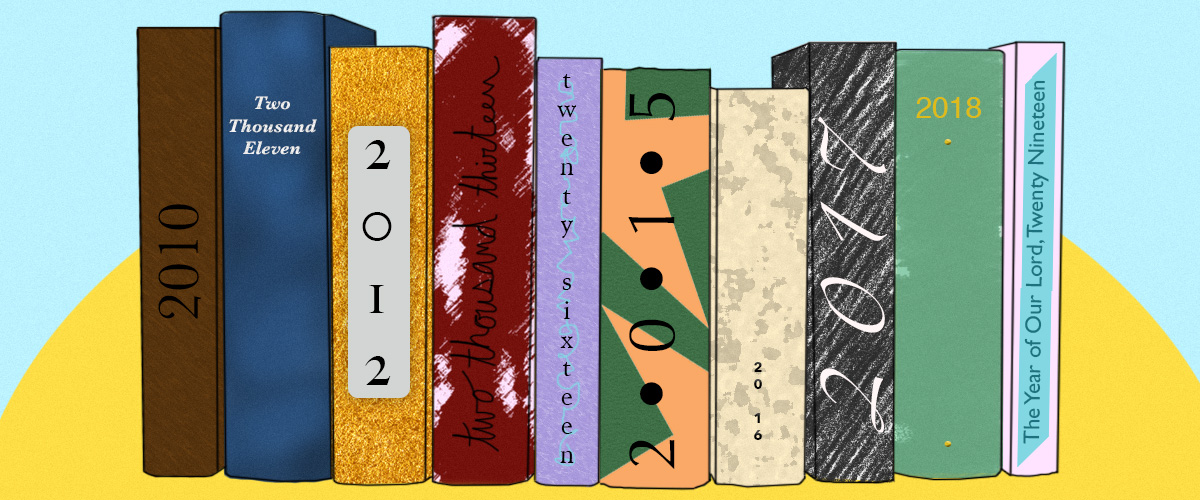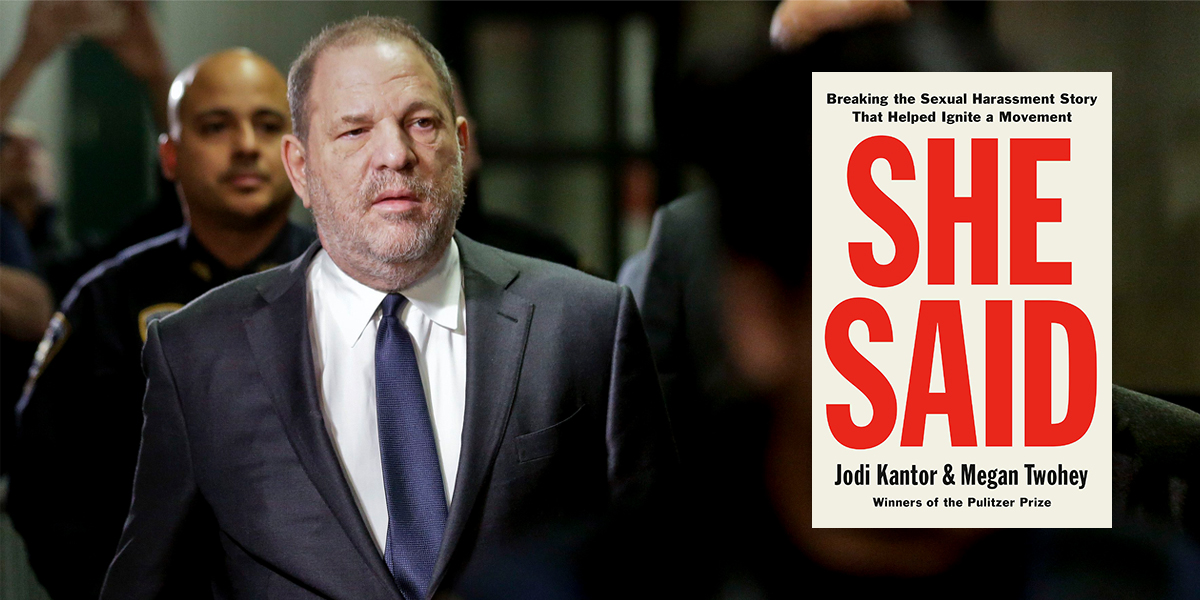
100 Books That Defined the Decade
For good, for bad, for ugly.

Jodi Kantor and Megan Twohey, She Said (2019)
The United States had a system for muting sexual harassment claims, which often enabled the harassers instead of stopping them. Women routinely signed away the right to talk about their own experiences. Harassers often continued onward, finding fresh ground on which to commit the same offenses. The settlements and confidentiality agreements were almost never examined in law school classrooms or open court. This was why the public had never really understood that this was happening. Even those in the room with long histories of covering gender issues had never fully registered what was going on.
*
Essential stats: This book by Jodi Kantor and Megan Twohey, the two Pulitzer Prize-winning reporters who broke the Harvey Weinstein story for the New York Times, details the whole process behind their monumental investigation, which was a major catalyst for the #MeToo movement. It was an instant New York Times bestseller, and described by several reviewers as All the President’s Men for the current generation (of women).
The caveat: Of course it is Kantor and Twohey’s reporting and not exactly their book about it that has been so defining—but this story has been so essential to, and transformative of, the later half of this decade that there’s just no argument for leaving it off the list. But as Susan Faludi wrote in The New York Times Book Review:
She Said isn’t retailing extra helpings of warmed-over salacity. The authors’ new information is less about the man and more about his surround-sound “complicity machine” of board members and lawyers, human resource officers and P.R. flaks, tabloid publishers and entertainment reporters who kept him rampaging with impunity years after his behavior had become an open secret. Kantor and Twohey instinctively understand the dangers of the Harvey-as-Monster story line — and the importance of refocusing our attention on structures of power. When they at last confront Weinstein, in a Times conference room and later on speakerphone, he’s the mouse that roared, the Great and Powerful Oz turned puny humbug, swerving from incoherent rants to self-pitying whimpers (“I’m already dead”) to sycophantic claims of just being one of them. (“If I wasn’t making movies, I would’ve been a journalist.”) He’s loathsome and self-serving, but his psychology is not the story they want to tell. The drama they chronicle instead is more complex and subtle, a narrative in which they are ultimately not mere observers but, essential to its moral message, protagonists themselves.
Emily Temple
Emily Temple is the managing editor at Lit Hub. Her first novel, The Lightness, was published by William Morrow/HarperCollins in June 2020. You can buy it here.



















